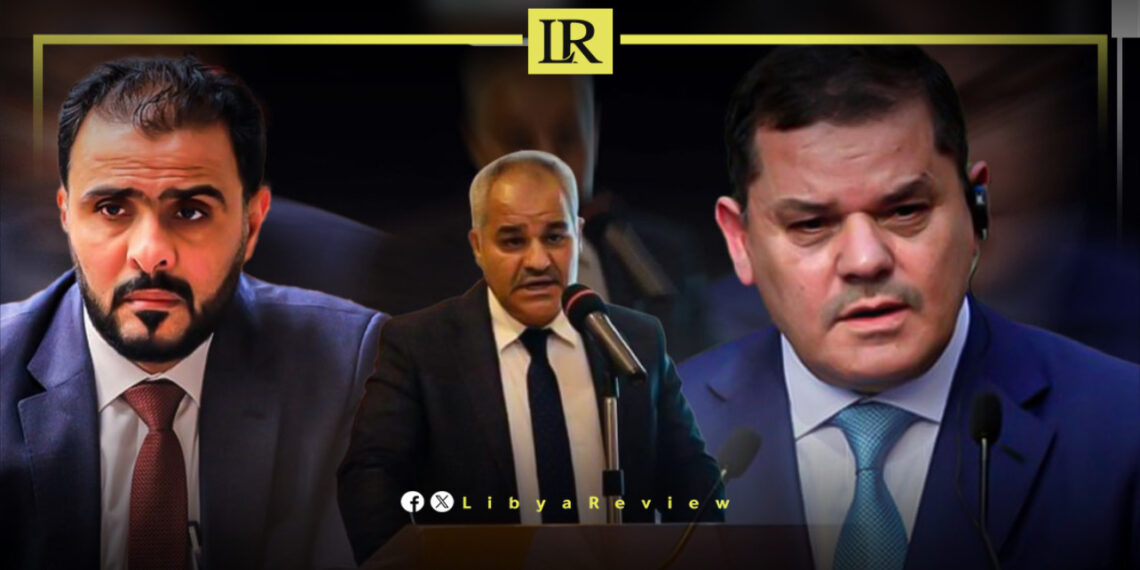The Central Bank of Libya (CBL) is intensifying efforts to unify the country’s rival governments, those led by Abdulhamid Dbaiba in Tripoli and Osama Hammad in Benghazi, under a single national budget.
The move is seen as critical to restoring macroeconomic stability and defending the Libyan dinar from further depreciation.
CBL Governor Naji Issa has recently held parallel meetings with both Dbaiba and Hammad to discuss the urgent need for coordinated fiscal policy and shared financial governance. He warned that current spending patterns, characterized by high public wages, unsustainable subsidies, and weak oversight, are the most serious threat to the Libyan economy.
During his meeting with Governor Issa, Prime Minister Hammad proposed a reform package aimed at reducing the fiscal deficit, boosting oil revenues, and enforcing a unified salary law.
He also called for updated customs regulations, revised corporate taxation, and strengthened oversight of state institutions. Hammad explicitly welcomed the idea of a direct meeting with Dbaiba to prioritize national interest over political rivalry.
Dbaiba, in turn, expressed appreciation for the Central Bank’s transparency on expenditure data and reaffirmed his government’s commitment to improving revenue streams and protecting currency stability. Both leaders acknowledged that economic reform cannot succeed without shared responsibility and cooperation.
Governor Issa stressed that only a unified budget—approved and respected by both governments—can restore domestic and international confidence in Libya’s financial institutions. However, despite apparent economic convergence, the political divide remains the central obstacle.
As the Central Bank emerges as the last functional bridge between Libya’s competing authorities, its ability to forge a joint fiscal path will be a defining test of whether economic necessity can overcome political inertia.


